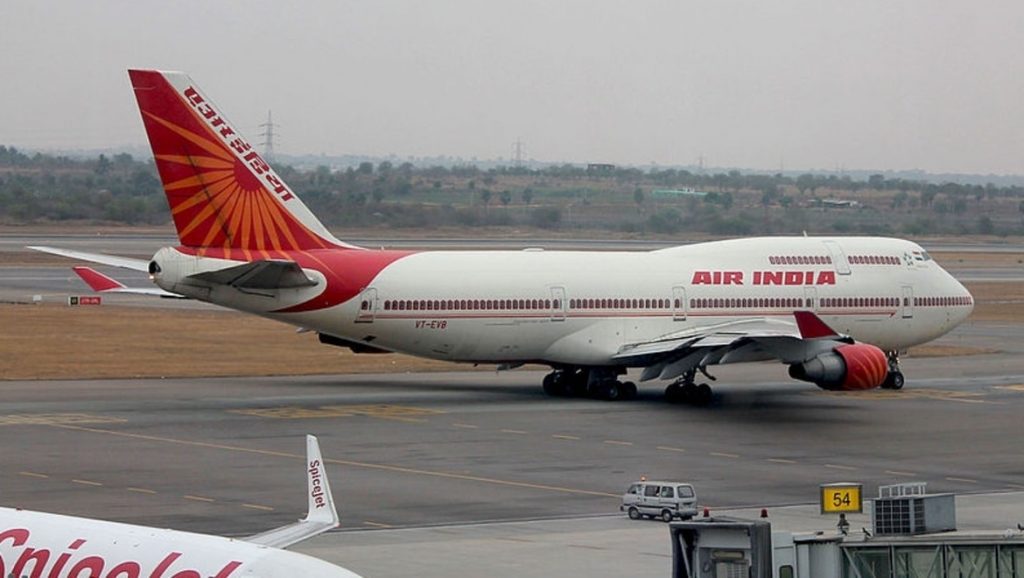
State-owned Air India has announced it will keep its 747s in service, making it one of the last major airlines holding on to the jumbo jet post-COVID.
Minister of State for Civil Aviation V K Singh told India’s Business Today last Wednesday the carrier has no plans to retire the aircraft.
“As on date, there are four B747-400 aircraft in Air India fleet and their average age is about 26 years,” Singh stated.
“At present, Air India has no plan to phase out the operation of Boeing 747 from the fleet.”
The Boeing 747 long-range wide-body, dubbed the first ‘jumbo jet’, entered service in 1969, but since the pandemic numerous airlines globally have prematurely retired the aircraft part of its fleet.
Air India’s fleet consists of 49 widebody jets and 79 narrowbody, four of them being Boeing 747s.
According to ch-aviaition.com, the flag carrier has operated nine more of the type previously, and received the remaining four between 1993 and 1996.
Air India has operated 747-200s, 747-300Ms, and 747-400s throughout life span of the aircraft being in its fleet.
The jumbo’s all feature a three-class seating configuration – 12 first class, 26 business class and 385 economies.
According to Airwaysmag, the 747 jet is predominately used for high-density passenger routes, including Mumbai to Delhi, and internationally from Mumbai to Jeddah in Saudi Arabia.
The carrier serves 55 domestic destinations and 34 international destinations in 26 countries as of this month.
Numerous airlines have phased out the wide-body jet in the past year as the COVID-19 pandemic dampened international travel, where the aircraft type is predominately used.
KLM Royal Dutch Airlines advanced its retirement in March last year, operating the 747-400 and 747-400M since 1971.
British Airways also announced its phase out of the jumbo jet last year, operating 31 747-400s, once known as the largest customer of the commercial jet.
“It is a heart-breaking decision to have to make,” said BA’s former chief Alex Cruz.
The US planemaker announced in July last year the company would end its production of the aircraft by 2022.
This was anticipated as the narrow-body market soars in post-pandemic recovery, deemed more cost efficient as airlines battle continuous financial losses.
Airbus chief executive Guillaume Faury said in March that he expects demand for medium-haul air travel to recover to pre-pandemic levels in 2023, far faster than long-haul travel.
He said popular workhorses, including the Airbus A320 and Boeing 737 families of aircraft, will lead the industry’s recovery, and that bigger jets are likely to become obsolete.




